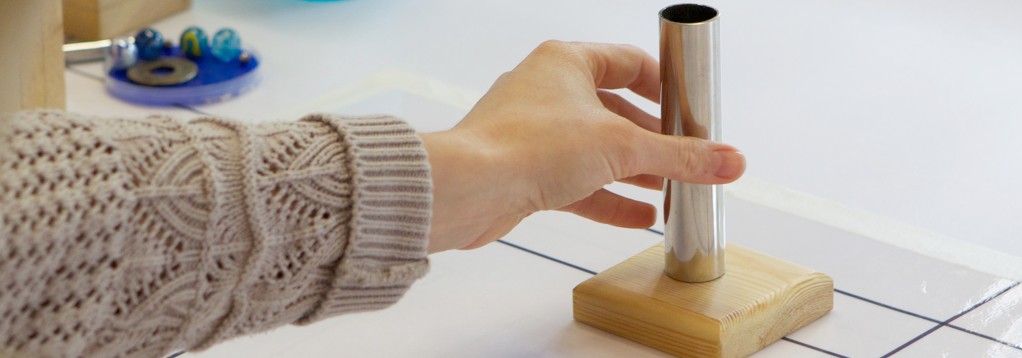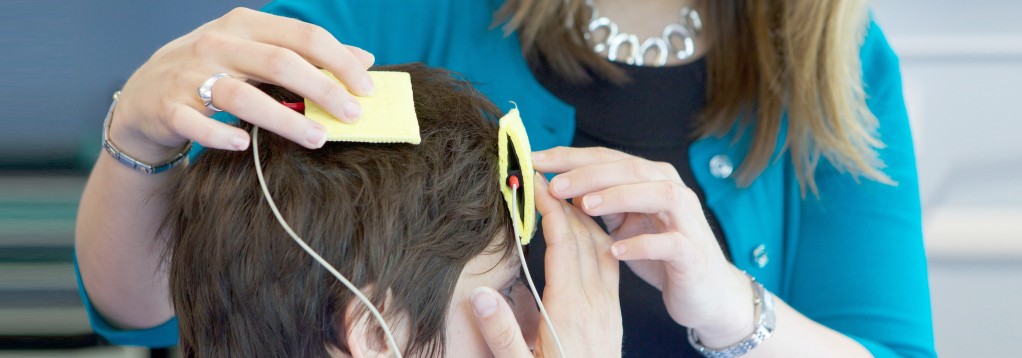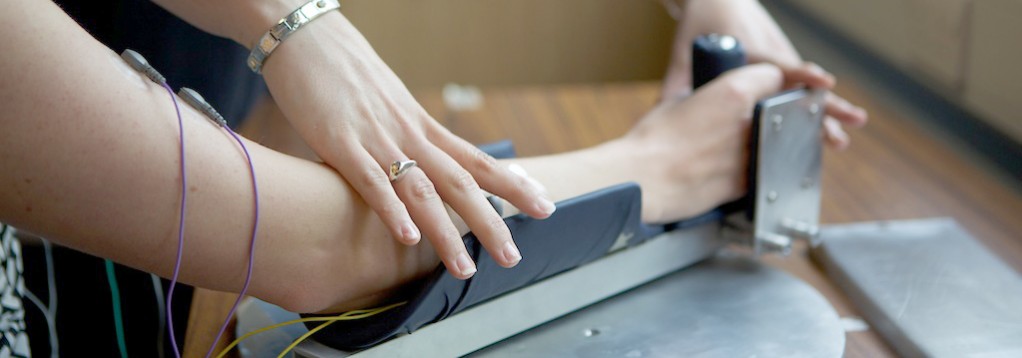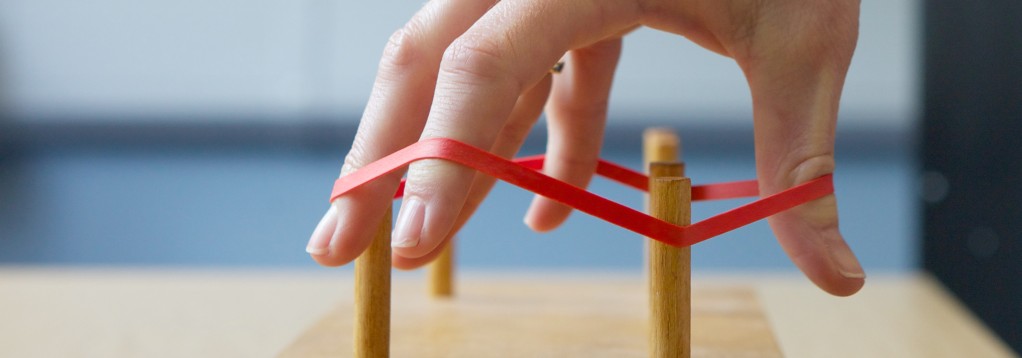Current Projects
The ABIRA team are involved in a wide range of research projects aimed at enhancing the benefits of rehabilitation for people who have sustained a brain injury through disease or trauma. Here are some of our current projects.
A sustainable model of integrating self-management support across stroke and neurological services: the “People1st” project
Key contact: Dr Nicola Hancock
Self-management support has an evolving evidence base for people with neurological conditions and is a priority for commissioners of health and social care. ‘Bridges’ (www.bridgesselfmanagement.org.uk) is an established, inter-professional approach to self-management, used in stroke and other complex conditions, that has been commissioned for implementation and evaluation across the East of England, UK. The aim is to evaluate the embedding of an existing, sustainable model of person-centred self-management support into every day clinical practice within stroke and neurological teams, across six STPs. The evaluation is being led by Dr Nicola Hancock with Senior Research Associate, Julie Houghton, from the School of Health Sciences, UEA.
Read more +Key contact: Dr Nicola Hancock
Self-management support has an evolving evidence base for people with neurological conditions and is a priority for commissioners of health and social care. ‘Bridges’ (www.bridgesselfmanagement.org.uk) is an established, inter-professional approach to self-management, used in stroke and other complex conditions, that has been commissioned for implementation and evaluation across the East of England, UK. The aim is to evaluate the embedding of an existing, sustainable model of person-centred self-management support into every day clinical practice within stroke and neurological teams, across six STPs. The evaluation is being led by Dr Nicola Hancock with Senior Research Associate, Julie Houghton, from the School of Health Sciences, UEA.
By supporting healthcare professionals in this way, Bridges aims to increase their confidence and skills in using the self-management approach in their interactions with patients and, in turn, therefore, increase patients’ ability and confidence to self-manage. In addition to contributing to improvements in the effectiveness of person-centred approaches, the training is expected to lead to changes in efficiency at individual, team and service levels, and to impact positively on staff satisfaction. Such self-management approaches are currently recommended in, for example, the National Clinical Guidelines for Stroke (Royal College of Physicians, 2016).
This is the first large-scale independent evaluation of the Bridges self-management approach, across multiple clinical settings; it is anticipated that findings will support development of an implementation model for sustainable self-management support in neurological services.
Asset-based approaches for stroke survivors with aphasia: promoting and sustaining well-being in the long-term
Key Contact: Dr Simon Horton
Asset-based approaches for stroke survivors with aphasia: promoting and sustaining well-being in the long-term. Research Capability Funding, Norfolk and Waveney CCGs . Horton S, Gracey F, Shiggins C, Duffy I
Read more +Key Contact: Dr Simon Horton
Asset-based approaches for stroke survivors with aphasia: promoting and sustaining well-being in the long-term. Research Capability Funding, Norfolk and Waveney CCGs . Horton S, Gracey F, Shiggins C, Duffy I
Bedside assessment in disorders of consciousness
Bedside assessment in disorders of consciousness
Key Contact: Dr Srivas Chennu
Read more +Bedside assessment in disorders of consciousness
Key Contact: Dr Srivas Chennu
This project will develop a suite of hierarchical high-density EEG-based test for measuring residual brain activity at the patient’s bedside to predict cognitive function independent of behavioural responses.
Over the past decades, effectiveness of neurointensive care for sustaining life in Disorders of Consciousness has significantly improved. However, relatively little is understood about the cognitive underpinnings of these profound neurological disorders. Accurate behavioural diagnosis and prognosis have been challenging, and the likelihood of misdiagnosis is estimated to be as high as 40%. Recent advances in functional Magnetic Resonance Imaging (fMRI) have shown that it can be used to visualise brain structure and measure its function in DoC. This project will help improve diagnoses by developing a suite of hierarchical high-density EEG-based tests for measuring residual brain activity in patients at their bedside. The project intends to design and implement software for detecting such volitional brain activity in real-time. This will directly aid the instrumentation of specialised Brain-Computer Interfacing (BCI) systems to translate this activity into commands for simple communication. For some patients these interfaces could provide a basic but reliable communication channel.
This research was funded/supported by the National Institute for Health Research (NIHR).
Biomechanical Assessment of Daily Activities
For more information please contact:
Jacob Wells, Research Associate, School of Health Sciences, University of East Anglia
Read more +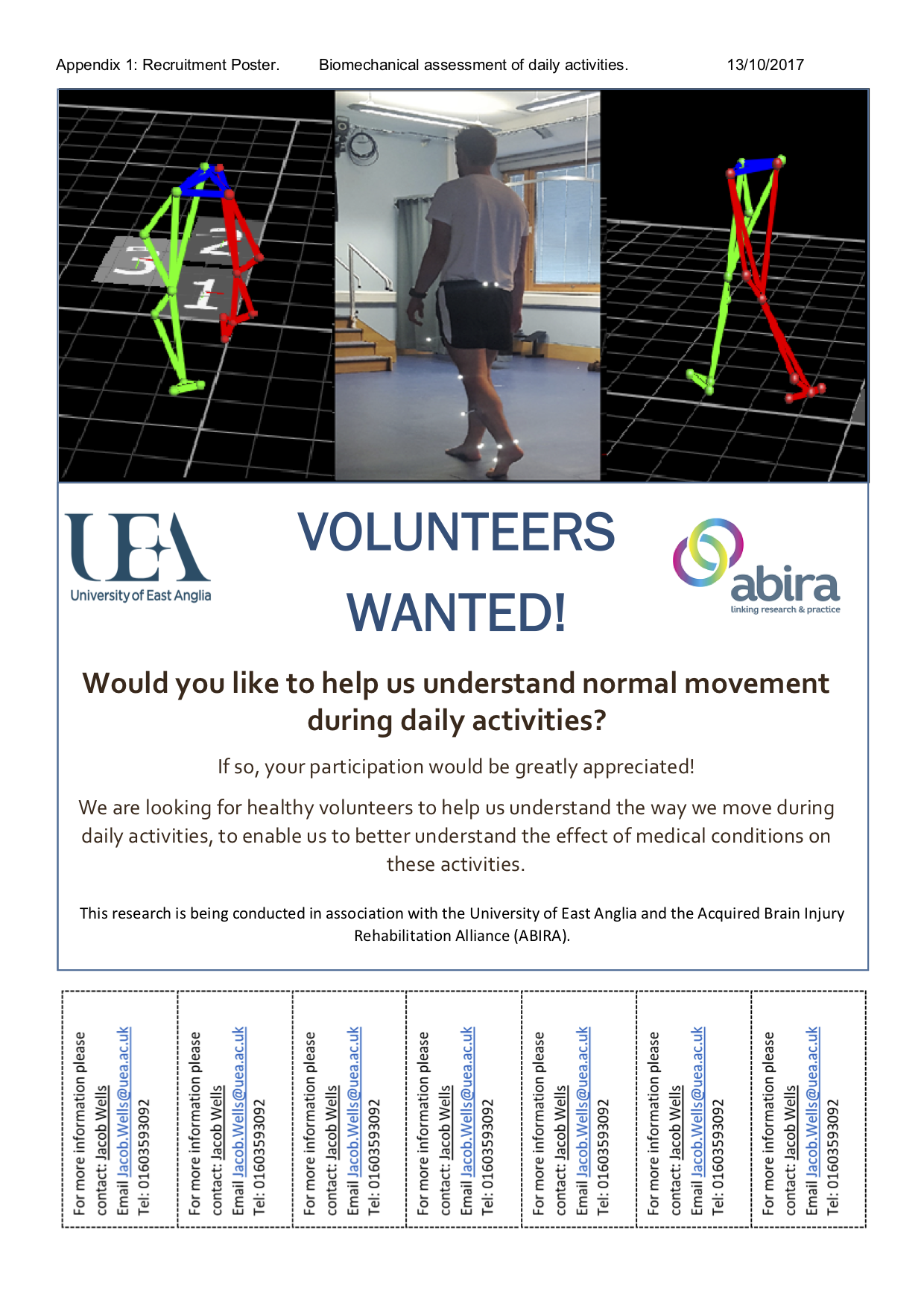 For more information please contact:
For more information please contact:
Jacob Wells, Research Associate, School of Health Sciences, University of East Anglia
Email: jacob.wells@uea.ac.uk; Tel: 01603 593092
European Cooperation in Science and Technology Collaboration of Aphasia Trialists (COST CATs)
http://www.aphasiatrials.org/ : Simon Horton and Ciara Shiggins are members of Working Group 5 http://www.aphasiatrials.org/index.php/working-groups/reintegration/reintegration-members, focusing on Societal Impact and Reintegration Research. We are currently collaborating with members from the UK, Ireland, Denmark, Norway and Israel to further our study of the relevance and potential of asset-focused approaches to living with aphasia.
Read more +http://www.aphasiatrials.org/ : Simon Horton and Ciara Shiggins are members of Working Group 5 http://www.aphasiatrials.org/index.php/working-groups/reintegration/reintegration-members, focusing on Societal Impact and Reintegration Research. We are currently collaborating with members from the UK, Ireland, Denmark, Norway and Israel to further our study of the relevance and potential of asset-focused approaches to living with aphasia.
FestivApp An innovative method for delivering Functional Strength Training exercises for the Upper Limb – a feasibility study
Key Contact: Dr Kath Mares Funding: The Health Foundation
FeSTivAPP is a bespoke app that has been developed by colleagues at UEA, Norfolk and Norwich University Hospital NHS Foundation Trust and Norfolk Community Health and Care NHS Trust with industrial partner ApplinSkinner. The App will allow physiotherapists across the clinical stroke pathway to be able to prescribe arm exercises to stroke survivors with the aim of helping them to engage more with their exercise programme. The use of real-time video provides a better representation of the exercises than the current practice of ‘stickmen’ and the reminders and feedback built into the App should increase motivation as well as provide information regarding exercise frequency and duration for the physiotherapist.
Read more +Key Contact: Dr Kath Mares
Funding: The Health Foundation
FeSTivAPP is a bespoke app that has been developed by colleagues at UEA, Norfolk and Norwich University Hospital NHS Foundation Trust and Norfolk Community Health and Care NHS Trust with industrial partner ApplinSkinner. The App will allow physiotherapists across the clinical stroke pathway to be able to prescribe arm exercises to stroke survivors with the aim of helping them to engage more with their exercise programme. The use of real-time video provides a better representation of the exercises than the current practice of ‘stickmen’ and the reminders and feedback built into the App should increase motivation as well as provide information regarding exercise frequency and duration for the physiotherapist.
This pilot study will determine the feasibility and acceptability of this intervention to stroke survivors and therapists.
Mind your head
Key Contact: Austin Willett
In collaboration with The Brain Injury HTC, Headway Cambridgeshire launched Mind Your Head, an initiative designed to find solutions to some of the problems experienced by people with brain injuries. The project’s starting point was to identify the unmet needs of Headway Cambridgeshire clients, and then aid collaboration between industry and the third sector.
Read more +Key Contact: Austin Willett
In collaboration with The Brain Injury HTC, Headway Cambridgeshire launched Mind Your Head, an initiative designed to find solutions to some of the problems experienced by people with brain injuries. The project’s starting point was to identify the unmet needs of Headway Cambridgeshire clients, and then aid collaboration between industry and the third sector.
From this, an idea for a board game was developed, designed by people with a brain injury for people with a brain injury. The game is designed to be something which people with a cognitive impairment can play with their family and friends, combines the challenge of rational thinking with a social element and a degree of competitiveness, and enables people to learn whilst playing. Over the past year development funding has enabled a prototype of the board game – ‘Brain Maze’ to be developed. The next stage is for the game to be manufactured and taken to market, although further investment will be required for this to happen.
If anyone would like to support this initiative further please contact Austin Willett at Headway Cambridgeshire on 01223 576550.
Performance and functional ability after insertion of the Journey II Bi-Cruciate Stabilised Knee System compared with the Genesis II prosthesis : Capability Trial
Key Contact: Dr Celia Clarke Funder: Smith & Nephew Clinical Fund
The Capability Trial aims to develop knowledge and understanding of the function after a TKR (Total Knee Replacement), and participant’s experiences and satisfaction. Osteoarthritis of the knee is a common musculoskeletal condition and its prevalence is expected to significantly increase during the next two decades as the incidence of obesity and ageing rises in the population (OA Nation, 2004) thus predicting an associated increase in total knee replacement usage of 670% between 2003 and 2030. This study will investigate the kinematic outcomes of different Total Knee Replacement (TKR) prosthesis designs through a range of typical activities of everyday mobility. The GENESIS II system made by Smith and Nephew is frequently used in standard practice within the NHS. A new device, JOURNEY II BCS, also manufactured by Smith and Nephew has been developed to provide improved kinematic outcomes compared to the GENESIS II (Moore and Lenz (2012)). However, there is no definitive data to support the hypothesis that in a pragmatic clinical study, the JOURNEY II BCS affords improved outcomes, patient reported, surgical and kinematic, compared to the GENESIS II system.
Read more +Key Contact: Dr Celia Clarke
Funder: Smith & Nephew Clinical Fund
The Capability Trial aims to develop knowledge and understanding of the function after a TKR (Total Knee Replacement), and participant’s experiences and satisfaction.
Osteoarthritis of the knee is a common musculoskeletal condition and its prevalence is expected to significantly increase during the next two decades as the incidence of obesity and ageing rises in the population (OA Nation, 2004) thus predicting an associated increase in total knee replacement usage of 670% between 2003 and 2030. This study will investigate the kinematic outcomes of different Total Knee Replacement (TKR) prosthesis designs through a range of typical activities of everyday mobility. The GENESIS II system made by Smith and Nephew is frequently used in standard practice within the NHS. A new device, JOURNEY II BCS, also manufactured by Smith and Nephew has been developed to provide improved kinematic outcomes compared to the GENESIS II (Moore and Lenz (2012)). However, there is no definitive data to support the hypothesis that in a pragmatic clinical study, the JOURNEY II BCS affords improved outcomes, patient reported, surgical and kinematic, compared to the GENESIS II system.
